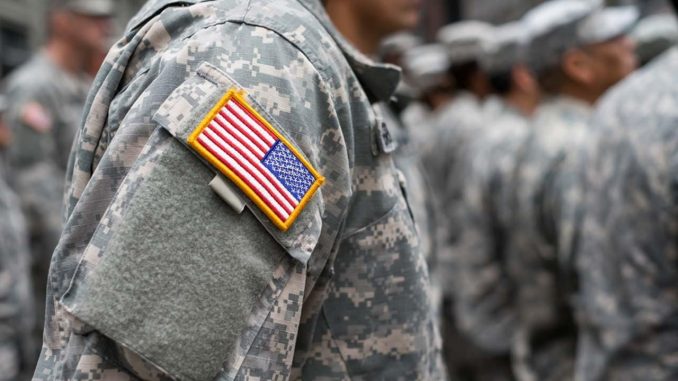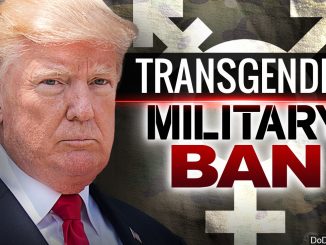
- Pentagon announced it will comply to federal court ruling to start enlisting transgender members by January 1, 2018.
- The move could signal that there is growing sense that the administration is the losing legal fight in enforcing Trump’s transgender military ban.
- The federal court ruling said that the court was not convinced the government will be irreparably injured in meeting the deadline.
Pentagon has announced to start enlisting transgender members by January 1 next year according to the transgender news by the Associated Press and published in The Guardian on Monday.
Major David Eastburn of the Pentagon declared that the enlistment will be open for any transgender applicants, signalling the tough legal hurdles that the administration would have to overcome in order to enforce the order of President Donald Trump to ban transgender individuals from serving in the military.
The action stemmed from the recent ruling by U.S. District Judge Colleen Kollar-Kotelly who ruled against the administration’s request to delay the order that allows transgender recruits starting January 1.
Kollar-Kotelly, who earlier decided against the transgender military ban, wrote in her decision that the federal court is not convinced that the government will harmed in meeting the New Year’s Day deadline, stating, “The Court is not persuaded that Defendants will be irreparably injured.”
“With only a brief hiatus, Defendants have had the opportunity to prepare for the accession of transgender individuals into the military for nearly one and a half years,” Kollar-Kotelly said as the Obama-era policy of allowing transgender members for military service has been in effect since June 2016. “Especially in light of the record evidence showing, with specifics, that considerable work has already been done, the Court is not convinced by the vague claims in [the government’s] declaration that a stay is needed.”
Applicants however will face a lengthy and more stringent physical, medical, and mental requirements that make their recruitment, though possible, challenging.
Eastburn explained that the new guidelines would allow Pentagon to disqualify applicants with gender dysphoria, who received medical care assisting gender transition, and who has received reconstruction.
Gender dysphoria refers to the distress suffered by individuals whose gender assigned at birth does not coincide with their gender identity.
They can be accepted on the condition that they present a certification from a medical practitioner stating that they are stable clinically in their preferred sex for the past 18 months and free from any significant mental health impairment or stress socially, in their occupation, and other areas in their life.
Eastburn continued, “Due to the complexity of this new medical standard, trained medical officers will perform a medical prescreen of transgender applicants for military service who otherwise meet all applicable applicant standards.”
The guidelines mirror similar requirements during Obama’s administration when the ban was lifted, including restrictions for people with a number of mental and medical issues such as bipolar disorder.
The action by the Pentagon could mean there is a growing sense within the government that authorities are likely to lose the legal battles.
Brad Carson, who was part of last administration’s decisions, commented that the process of enlisting could be controversial. The government may choose to comply the court’s ruling but will raise onerous terms practically there will be no recruits.
“The controversy will not be about whether you allow transgender enlistees, it’s going to be on what terms… That’s really where the controversy will lie,” Carson said.
During the Obama administration, the ban on transgender people was lifted with then-defense secretary Ash Carter announcing that transgender individuals can serve in the military openly. He also stated that by July 2017, they can already start to enlist.
Last July however, Trump tweeted that the government will no longer accept transgender troops and issued a memo directing the Pentagon to implement the ban. The policy was quickly challenged in court.



Be the first to comment